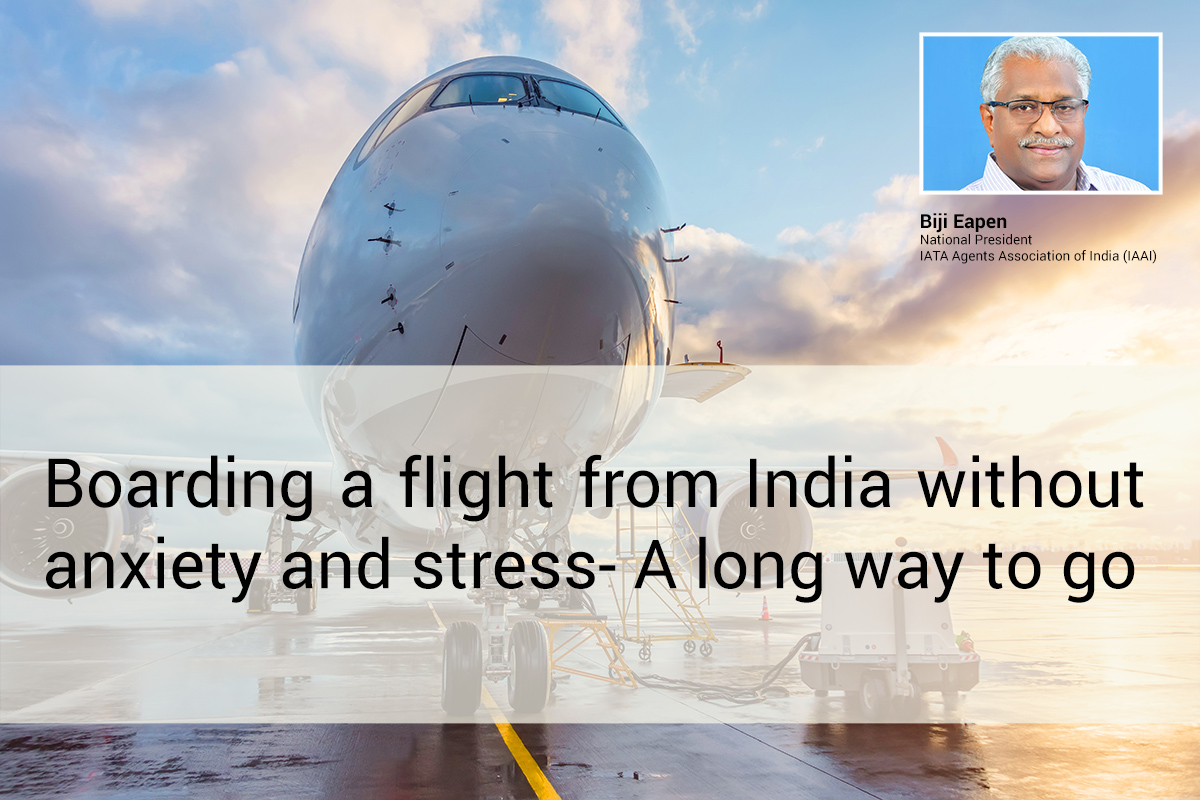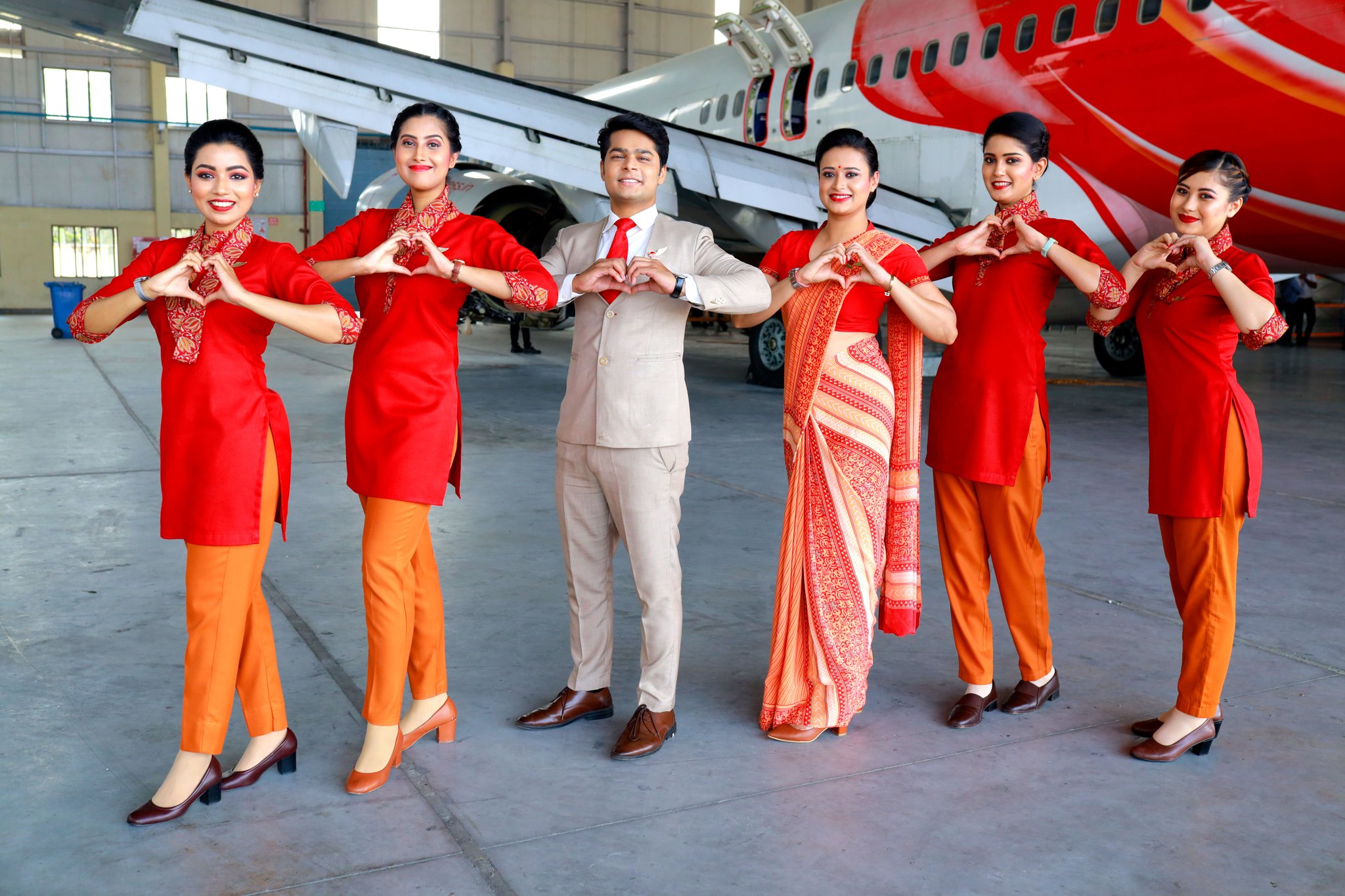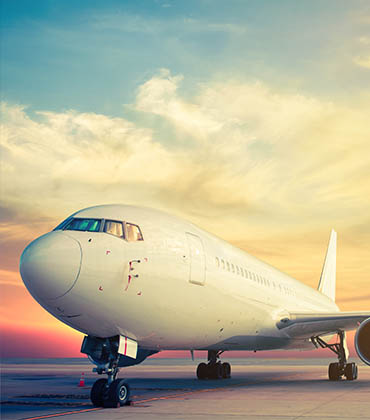


Recovery from the Covid-19 crisis will be complex and will need a lot of time and effort and can only be completed in a coordinated way with the full support of all stakeholders in the aviation industry.
The second wave of Coronavirus pandemic has literally thrown air transport out of gears. The revival that was seen in domestic travel since the first wave subsided towards the end of 2020 got nullified by the more ferocious second wave that emerged starting from March this year.
The second wave and the localised travel restrictions imposed by different states have reduced the appetite for travel of people in the domestic sector. The curbs imposed by different countries on Indian travellers and flights have brought air bubbles and Vande Bharat missions to a grinding halt, putting a fullstop on travel agency business in the country. The need of the hour is our survival. It’s time to rebuild with the future in mind—and the task is definitely uphill. Many of the building owners extended rent adjustments, rent deferrals, and contract extensions during the first wave. But today, during the second wave, nobody is showing any consideration or sympathy due to the economic meltdown.
In these circumstances, furnishing the biannual insurance guarantee is a significant challenge before agents, especially in the wake of the insurance provider IFFCO TOKIO withdrawing their insurance guarantee. Agents are left with options of either going for financial security through the bank or associations’ joint bank guarantee. For an IATA standard accreditation, a travel agent pays INR 60,150/-per annum ((US$302.50 + $480 + $20 = US$802.50) to IATA as Accreditation & BSP Link charge. Or, they are spending INR 5,013/- monthly for airline inventory and processing. Plus, the expenses on a minimal financial guarantee for INR 7.5 lakh – if through insurance costs a 3 per cent premium, or travel associations and joint bank guarantee, warranted pay off of 9 to 15 per cent on the assured sum as fixed deposits interest-free. And today, all these expenses towards IATA are without any reciprocal benefits or revenue.
And, in 2020, from March, travel agents could not use these facilities due to lockdowns and restrictions. The ‘Air bubble Agreement’ and ‘Vande Bharat Mission’ further added regulatory controls. Neither IATA nor BSP reconsidered these facts, offered or extended any waive offs or discounts for the subsequent renewals in 2021. Unfortunately, neither national or international associations of the agents nor their global councils have so far raised the issue of waive offs or some exemptions from financial guarantee so far. Although the IATA is the global regulatory body, it cannot decide unilaterally on these issues unless and until the industry coordinating council representatives’ push with resolutions and agendas at the necessary platforms.
In the wake of IFFCO TOKIO withdrawal from the insurance guarantee, the IAAI director board has had an intensive study and research on IATA accreditations – Global (multi-country), Standard (with and without Easy Pay) and GoLite, their application, facilities and the current benefits. It is important to understand the global and local factors that constrain agents business:
Considering the above factors, travel agents must change their economic strategy to deal with the situation. Uncertainty continues and cannot rule out the possibility of a third wave. Until the majority of the world population is vaccinated, the travel & tourism industry cannot expect a revival in the current circumstances. The process might take one to two years’ time, perhaps more. Hence, anticipating this situation, ‘GoLite’ accreditation shall be suitable for average Indian travel agents in the present scenario. GoLite accreditation is conducive to the Indian market conditions and the local requirements, unless and until they opt for consolidation or extensive /network marketing.
The salient features of GoLite accreditation include:
IATA standard accreditation is a ‘White Elephant’ for the average air ticketing agent in today’s emerging business scenario. No financial guarantee or BSP charge for GoLite, except IATA accreditation fees. The agent can retain his own IATA ID number and free to book tickets, issue directly or through other agents. There is no capping. Agents desire to use their facility, tie up the airlines, pay advance/ deposit money, or use credit cards PCI DSS Compliance Certification with IATA. And, when the situation returns to normal, the agent can change to the standard accreditation model.
The industry is at a critical stage. A lot of agency offices have closed down in the last one year, putting a question mark over the life and livelihood of lakhs of businessmen and their staff. Recovery from the Covid-19 crisis is complex and a difficult task that needs a lot of effort, time etc. and could only be completed in a coordinated way with the full support of all stakeholders in the aviation industry.
Something went wrong


